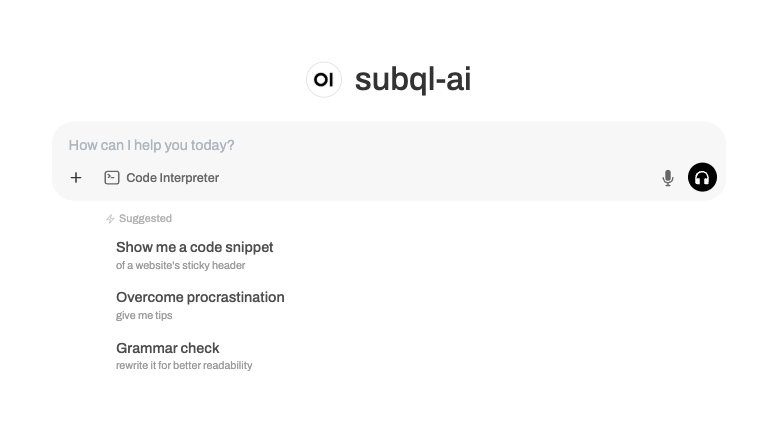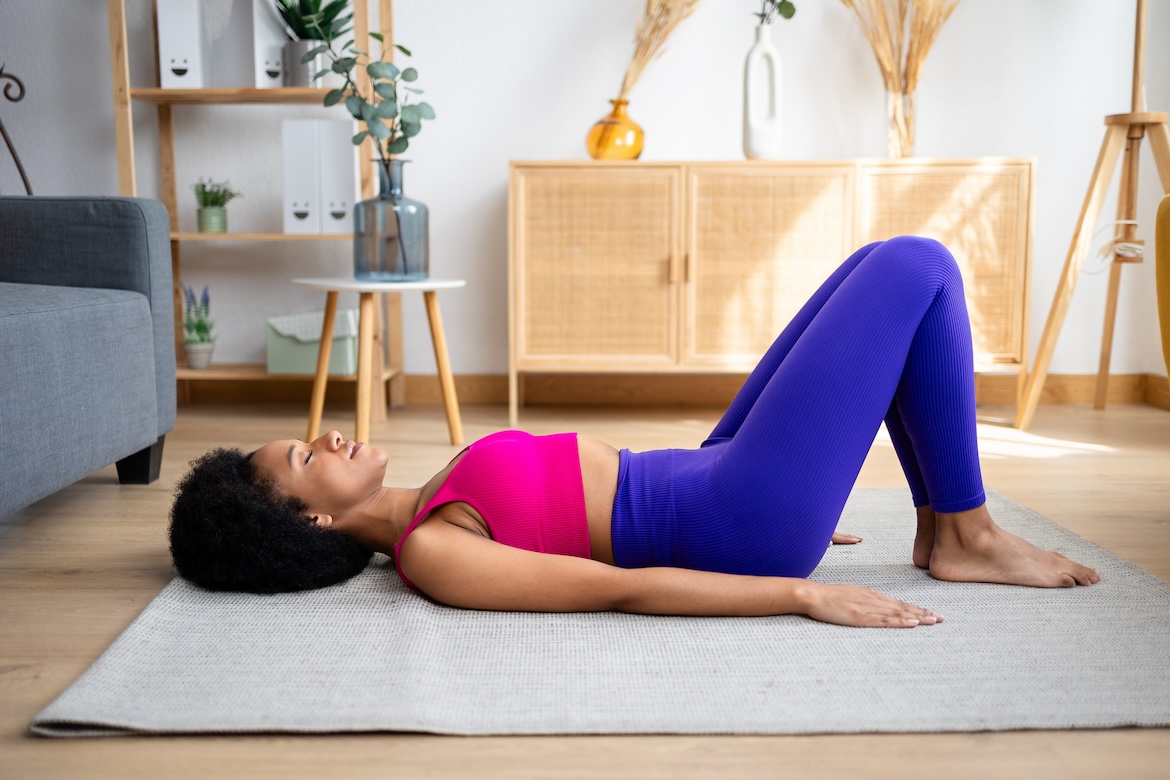Tips for Handling Holiday Stress!
Although the holidays are a fun time of year they are also a very stressful time of year! 45 percent of Americans say they would prefer skipping the entire season because of financial pressure. Most Americans feel that the stress really starts to build around December 13th, grows worse through the 18th and peaks on Christmas Day. This holiday stress can be highly detrimental to your health, and it is sad but true that many take their lives during this season. The physiological impact of this stress manifests as increased cortisol which boosts blood sugar levels, helps drive weight gain, and breaks down muscle.Here are some tried and true ways to combat the holiday stress syndrome: Get your workouts in! Now is NOT the time to skip workouts – even a short one can have an immediate and lasting effect in reducing your mental and physiological stress response. A quick high intensity workout - just three 20 second sprints with one – four minutes of active recovery – is all it takes! Remember something is always better than nothing when it comes to working out. Get your Sleep! Easier said than done, but focusing on when you eat and when you go to bed and wake up can keep your body in a good rhythm. A simple way to do this is to get up and go to bed at the same time every single day regardless of the day of the week – do NOT change your schedule on weekends. Then try to keep your food and beverage intake (except for water) in a 12-hour window so that you are NOT eating or drinking anything (except for water) for 12 hours. For example, if you wake up at 6am and drink a cup of coffee at 7am (the clock has started at 7am). That means you want to take in your last food or beverage no later than 7pm. If you know you are going to go out to parties try to take in your first food and non-water beverage later in the morning. If you start at 8am – 9am this gives you until 8 or 9pm to finish all food and beverage intake. By keeping your sleep/wake cycle consistent along with your eating and not-eating schedule you allow your body to recover better. If you are going to go out to parties – drink any alcohol early and stop drinking early or just start drinking water and nothing else once you hit the end of your 12-hour window. Each drink takes about an hour to fully metabolize and you want this process complete BEFORE you go to sleep! Set an alcohol budget – and switch to water after you hit it. Doing this along with scheduling your wake/sleep cycle and food intake cycle can prevent a lot of issues while allowing you to have a great time! Do not overbook yourself or your family – plan on downtime and keep it simple. Less is often more in life, and the holidays are no exception!

Although the holidays are a fun time of year they are also a very stressful time of year! 45 percent of Americans say they would prefer skipping the entire season because of financial pressure. Most Americans feel that the stress really starts to build around December 13th, grows worse through the 18th and peaks on Christmas Day.
This holiday stress can be highly detrimental to your health, and it is sad but true that many take their lives during this season. The physiological impact of this stress manifests as increased cortisol which boosts blood sugar levels, helps drive weight gain, and breaks down muscle.
Here are some tried and true ways to combat the holiday stress syndrome:
Get your workouts in! Now is NOT the time to skip workouts – even a short one can have an immediate and lasting effect in reducing your mental and physiological stress response. A quick high intensity workout - just three 20 second sprints with one – four minutes of active recovery – is all it takes! Remember something is always better than nothing when it comes to working out.
Get your Sleep! Easier said than done, but focusing on when you eat and when you go to bed and wake up can keep your body in a good rhythm. A simple way to do this is to get up and go to bed at the same time every single day regardless of the day of the week – do NOT change your schedule on weekends.
Then try to keep your food and beverage intake (except for water) in a 12-hour window so that you are NOT eating or drinking anything (except for water) for 12 hours. For example, if you wake up at 6am and drink a cup of coffee at 7am (the clock has started at 7am). That means you want to take in your last food or beverage no later than 7pm.
If you know you are going to go out to parties try to take in your first food and non-water beverage later in the morning. If you start at 8am – 9am this gives you until 8 or 9pm to finish all food and beverage intake. By keeping your sleep/wake cycle consistent along with your eating and not-eating schedule you allow your body to recover better.
If you are going to go out to parties – drink any alcohol early and stop drinking early or just start drinking water and nothing else once you hit the end of your 12-hour window. Each drink takes about an hour to fully metabolize and you want this process complete BEFORE you go to sleep!
Set an alcohol budget – and switch to water after you hit it. Doing this along with scheduling your wake/sleep cycle and food intake cycle can prevent a lot of issues while allowing you to have a great time!
Do not overbook yourself or your family – plan on downtime and keep it simple. Less is often more in life, and the holidays are no exception!
What's Your Reaction?










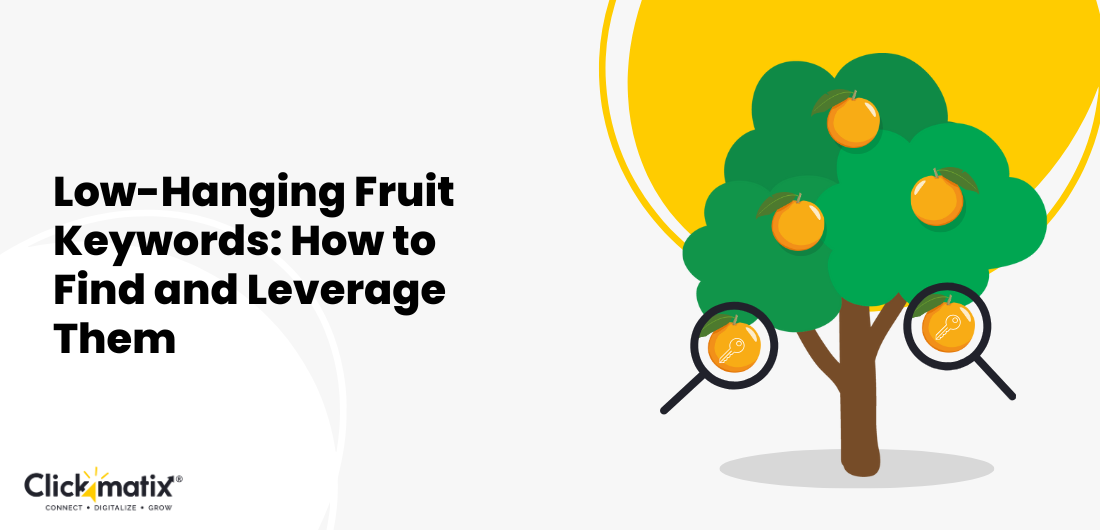








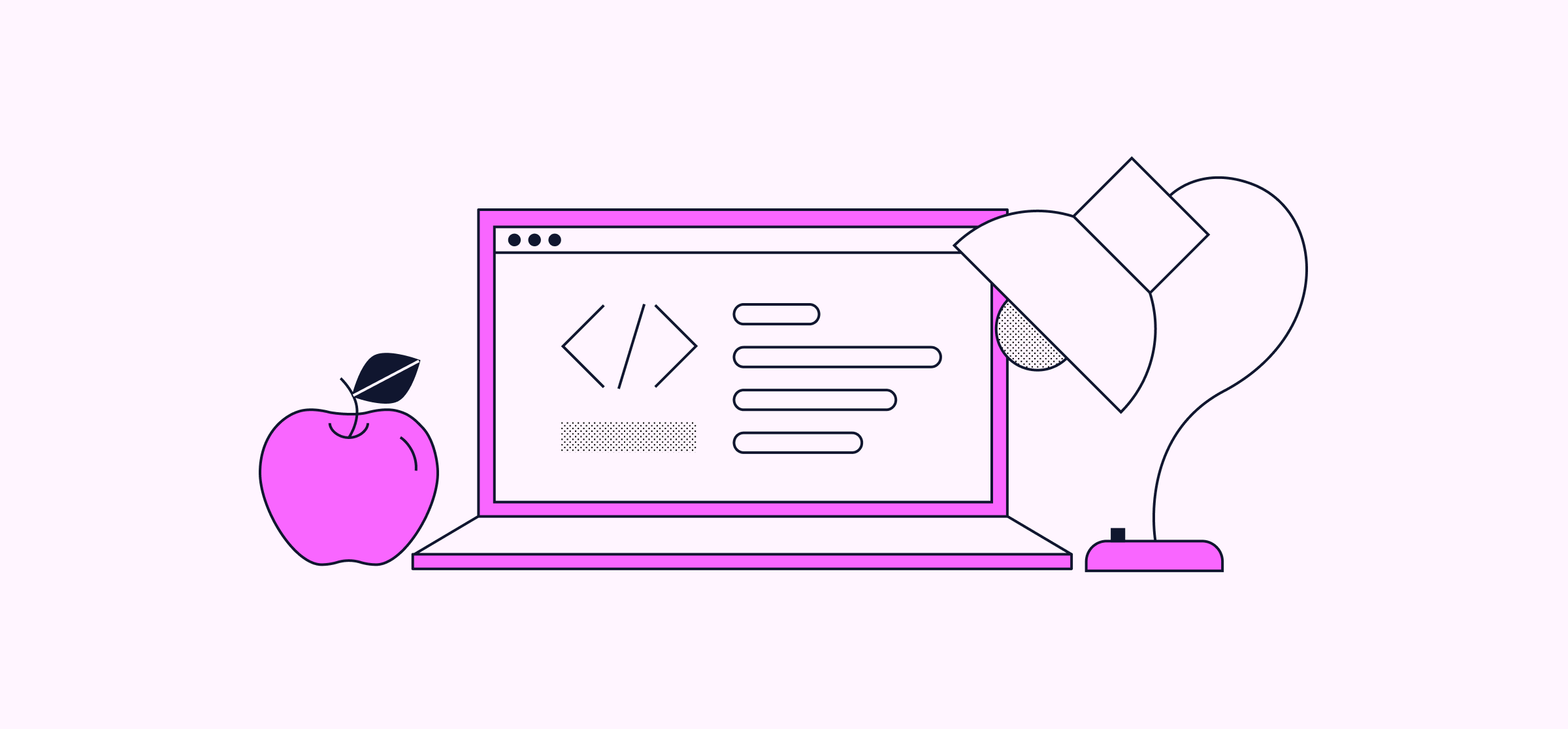

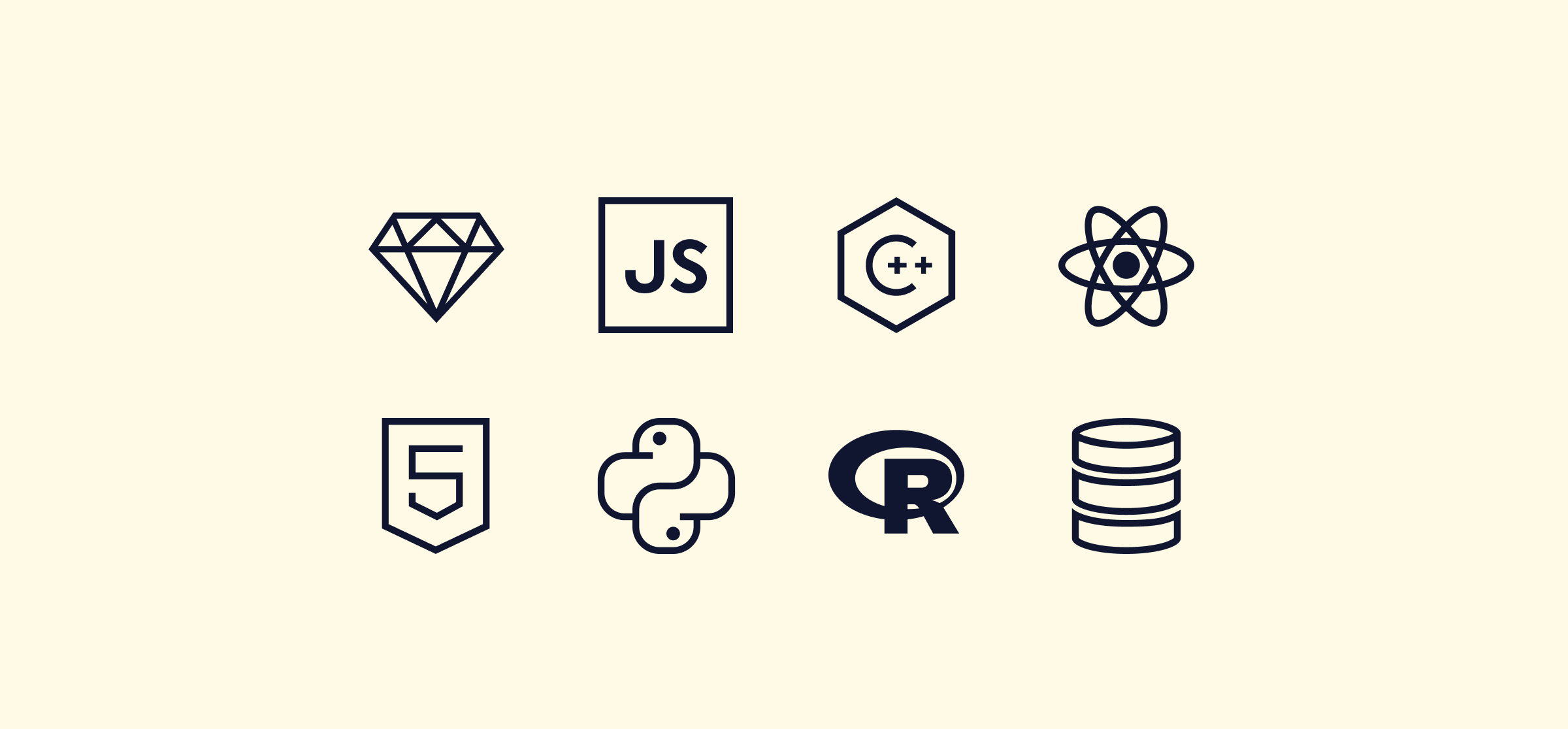


















.png)






















